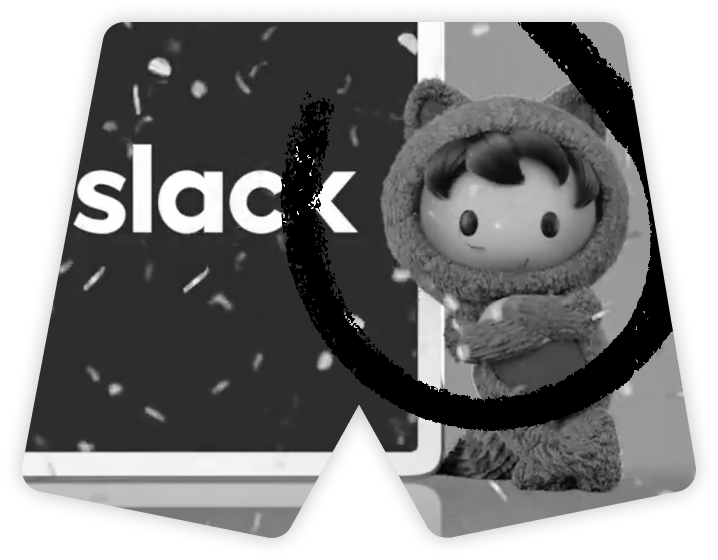
Hello and welcome to Three Shorts! Every Wednesday morning, I send you an email where we unpack the strategy behind the news in as few bullet points as possible.
This week we’ve got:
- Why Salesforce bought Slack
- Why Apple hired Josh Elman to improve app discovery
- Why Axel Springer, the owner of Business Insider, wants to buy more media companies
Enjoy!
(And don’t forget to click the feedback thingy at the bottom 🙏)
Salesforce’s acquisition of Slack — huge! 😮
What happened?
- Salesforce is buying Slack for $27.7 billion dollars.
- That’s a 64% premium over their $16.8b market cap from 11/24, the day before the rumors of the acquisition leaked.
The Only Subscription
You Need to
Stay at the
Edge of AI
The essential toolkit for those shaping the future
"This might be the best value you
can get from an AI subscription."
- Jay S.
Join 100,000+ leaders, builders, and innovators

Email address
Already have an account? Sign in
What is included in a subscription?
Daily insights from AI pioneers + early access to powerful AI tools
Related Essays
Thanks for rating this post—join the conversation by commenting below.








Comments
Don't have an account? Sign up!